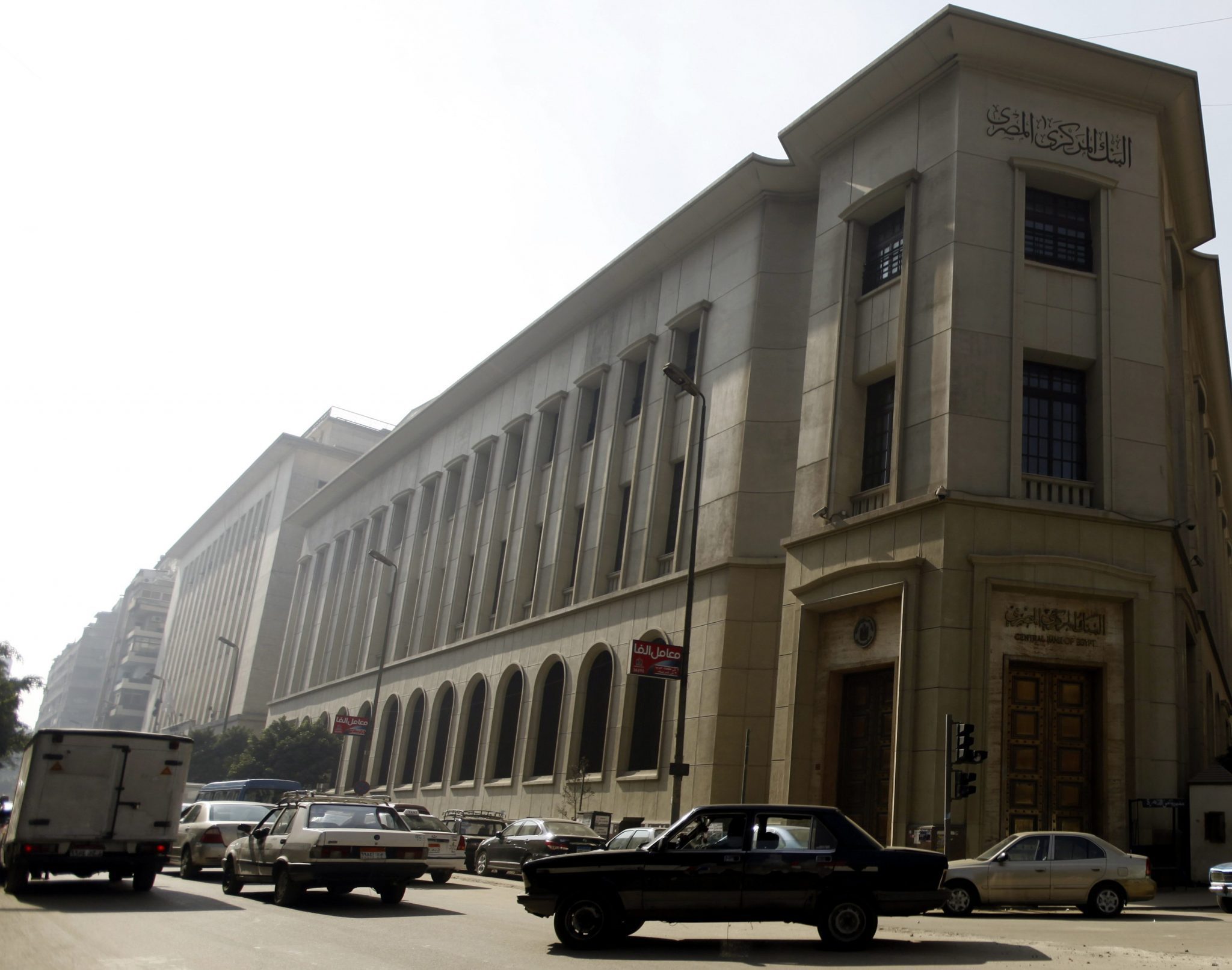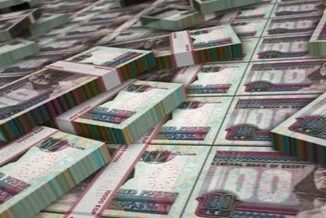The Central Bank of Egypt (CBE) has reported that the inflation rate reached its highest level in seven years in May. Inflation is considered another challenge for policy makers trying to solve the shortage of foreign currency problem that has slowed down the country’s economic growth.
The CBE has said in a statement that the annual core inflation, a measure of price increases of non-volatile consumer goods, reached 12.23%. It is the highest level since February 2009, compared to 9.51% in April. Moreover, headline inflation in urban areas ascent to 12.3%, the highest recorded rate in a year.
The Central Bank of Egypt has adopted strict measures to improve Egypt’s wrecked economy. It devalued the Egyptian pound by 14% in March, the most in more than a decade, and promised to adopt a more flexible exchange rate to attract foreign investment that can alleviate the currency shortage. But, higher inflation was driven by a “continued pass-through” from the devaluation, demand for food items ahead of Ramadan that also contributed, said Mohamed Abou Basha, a Cairo-based economist at EFG-Hermes.
The inflation data will most probably increase the pressure imposed on the Central Bank’s monetary policy committee which is expected to assemble on June 16 to review key interest rates.
In March, the CBE raised rates by 1.5% points in a bid to limit inflation resulting from the currency devaluation. However, it kept rates unchanged in its last meeting on April 28 in expectation of a delayed effect from the March increase.
According to Shady Fakhoury, an economist at Beltone Financial Holding, it is not expected to raise rates as it would risk the increase in treasury yields and widen the government’s fiscal deficit.
In addition to inflation in goods prices, inflation was also driven by a sharp increase in medicine prices, according to Abou Basha at EFG-Hermes.
Last month, the government approved a 20% increase in the price of some drugs manufactured locally, as for some companies weaker pound left production costs higher than sale prices for some other companies.




